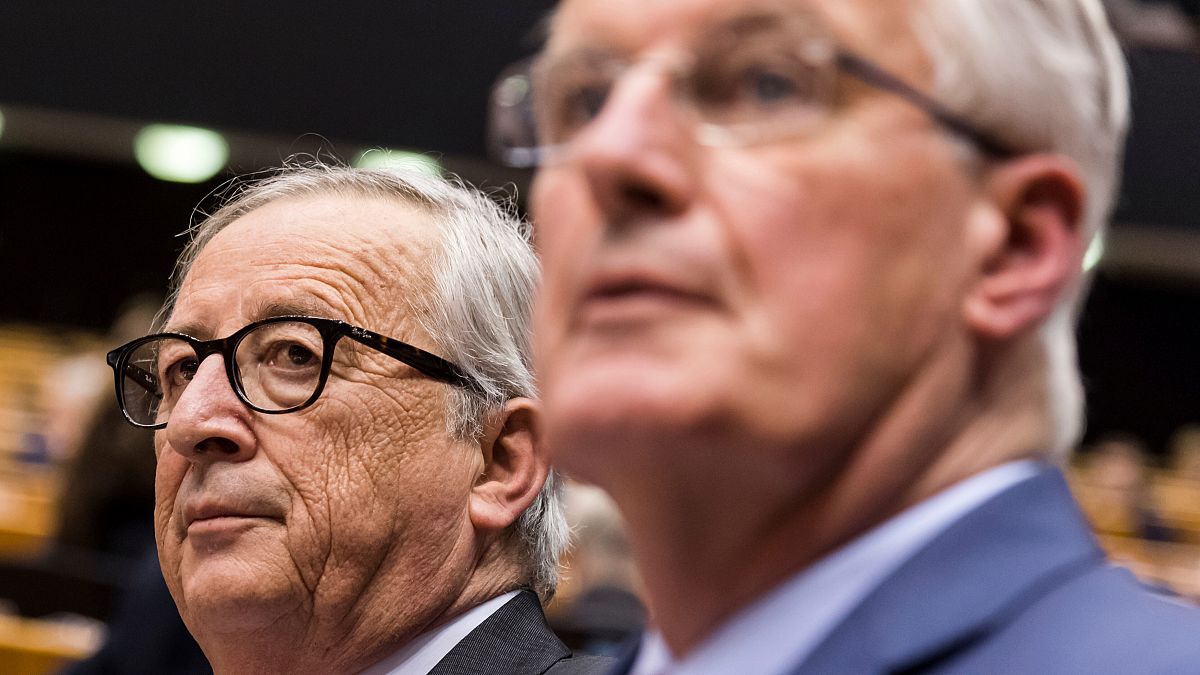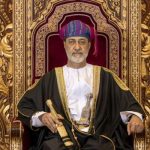Former European Commissioner Michel Barnier has been appointed as the new French prime minister by President Emmanuel Macron. Barnier was known for his role as the lead Brexit negotiator and has received praise from his former colleagues in Brussels for his skills in negotiation. Despite the fact that names like Bernard Cazeneuve and Xavier Bertrand were initially considered for the position, Barnier’s appointment is seen as an attempt to create a unifying government in a divided political landscape. Barnier’s experience in negotiating with coalition governments across Europe is expected to help bridge the current political divide in France.
During the Brexit negotiations, Barnier played a crucial role in keeping the EU member states united and ensuring the integrity of the Single Market. His success in navigating through the challenges of Brexit earned him respect for his ability to bring together diverse interests and viewpoints. Barnier’s diplomatic adviser, Georg Riekeles, highlighted his ability to rally the 27 member states behind fundamental principles and protect the interests of countries like Ireland and Northern Ireland. By focusing on the common goal of unity and integrity, Barnier was able to steer the negotiations towards a successful outcome.
Despite his success in the Brexit negotiations, Barnier’s political profile in France was relatively low before his appointment as prime minister. Known more as a competent technocrat who spent decades in various roles in Brussels, Barnier lacked significant visibility in French politics. However, his experience and lack of political enemies make him a suitable candidate for the challenging task of assembling a government that can navigate through the current political landscape. His sudden return to the forefront of French politics marks a shift in his career trajectory and an opportunity to make a lasting impact.
Barnier’s bid for his party’s nomination for the French presidency in 2021 was met with mixed reactions, as he advocated for measures like a moratorium on immigration and giving primacy to French law over European or international law. His conservative views and stance on sovereignty drew some criticism and ultimately led to his unsuccessful bid for the nomination. Despite this setback, Barnier’s return to political life as the prime minister reflects his resilience and ability to adapt to changing circumstances. His appointment is seen as a move towards creating a government that can withstand political challenges and work towards national unity.
The appointment of Michel Barnier as the new French prime minister underlines President Macron’s commitment to creating a unifying government in a politically divided landscape. Barnier’s experience as the lead Brexit negotiator has prepared him for the challenges of navigating complex political environments and bringing together diverse interests. His success in keeping the EU united during the Brexit negotiations is a testament to his diplomatic skills and ability to find common ground among member states. As he embarks on his new role, Barnier is expected to draw upon his expertise in negotiation and coalition-building to address the deep-seated divisions facing France.










